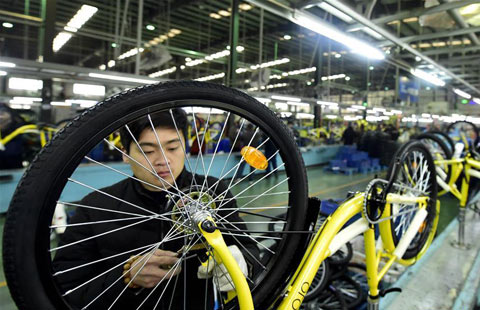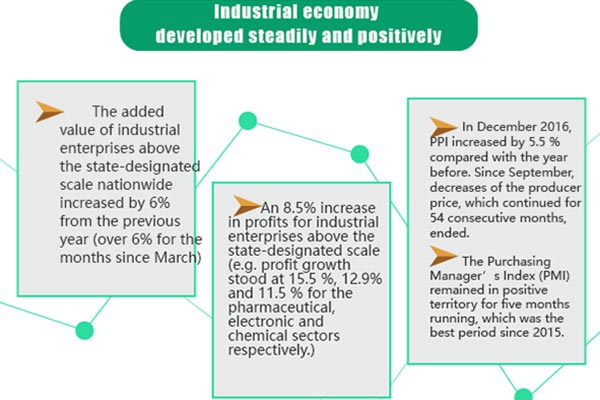New housing rules planned for migrants
Workers to benefit from detailed central government guidelines
Detailed rules for migrant workers who want to apply for government-subsidized houses in cities will be released in eight months, the country's top housing authority said.
The Ministry of Housing and Urban-Rural Development said on Tuesday that by the end of 2013, all cities above the prefecture level should accept working migrant workers into their affordable-housing systems and introduce supplemental measures with detailed regulations on the application requirements, process and waiting rules.
To give more residents the right to live in subsidized houses, city governments need to widen their economic threshold for families, covering families with relatively higher incomes, according to the annual plan on the subsidized housing program, released on April 3.
"We have stipulated that migrant workers who meet the requirements can apply for affordable houses in Hebei since 2012 and ordered the cities to release their own details," said Han Limin, an official from the provincial housing authority who was in charge of housing issues.
Like Hebei, many provinces and cities such as Beijing and Shanghai have released documents that say migrant workers have been among the families applying in the past year, yet few of the governments have released details.
"It's a strong signal released from the government that it will pay more attention to the people's livelihoods, especially for those in big cities who have to bear high property prices," said Yi Chengdong, an associate professor from the Real Estate Research Center of Central University of Finance and Economics.
"But it's not an easy task to release the details by the end of 2013," he said.
"The root of the difficulty lies in the imbalance of investment and revenue of government," he said, adding that the programs require large government financing, often more than some governments can afford.
In addition, governments are reluctant to release specifics of the program to migrant workers because they cannot get that amount of revenue from the migrant workers directly in return.

















